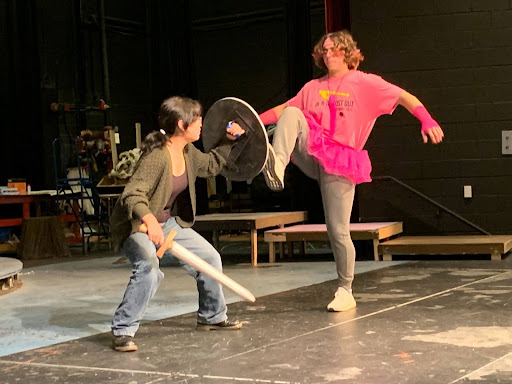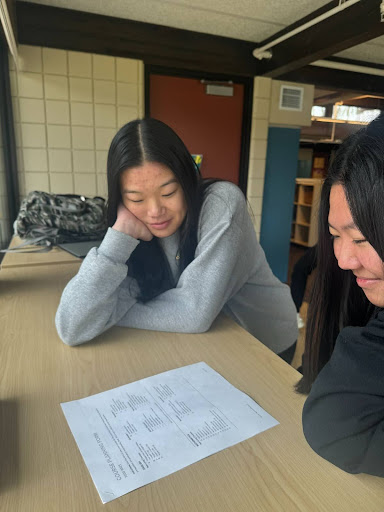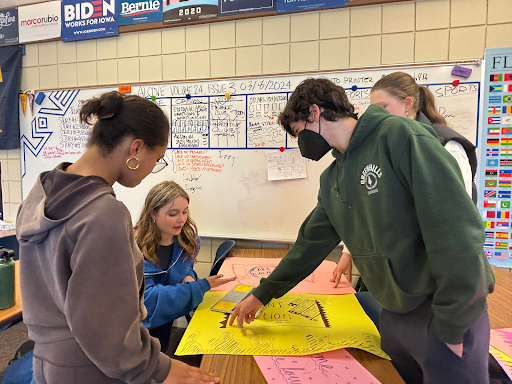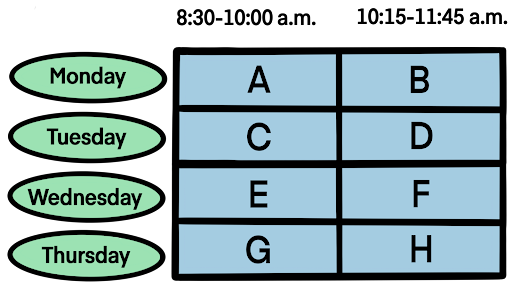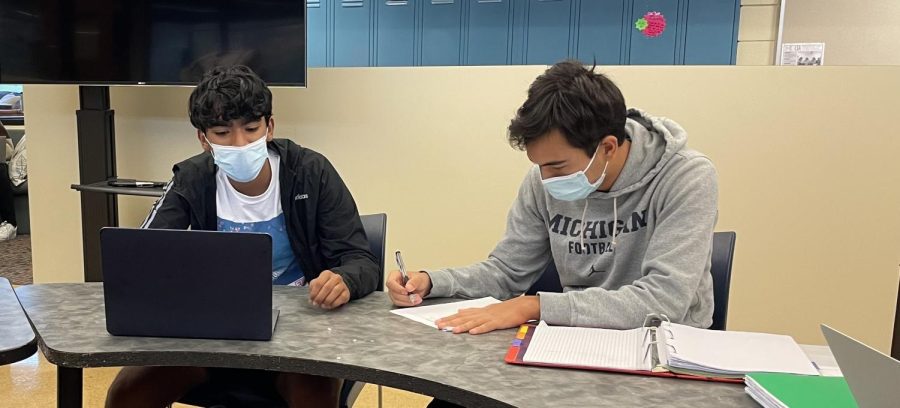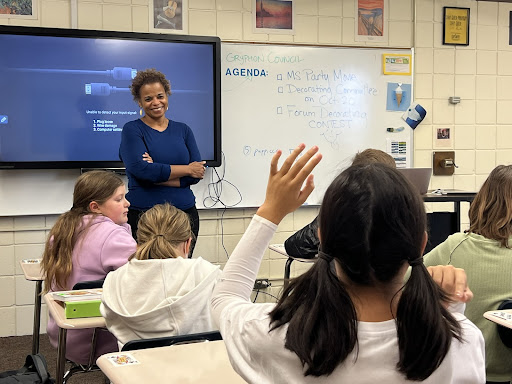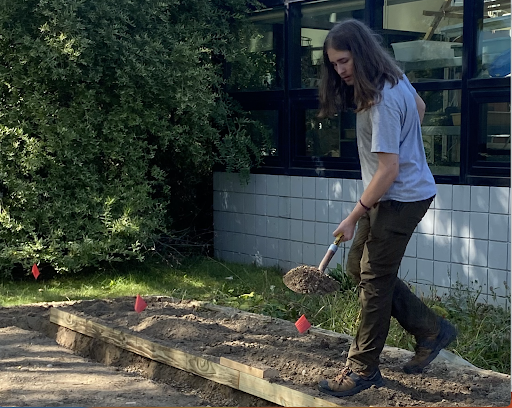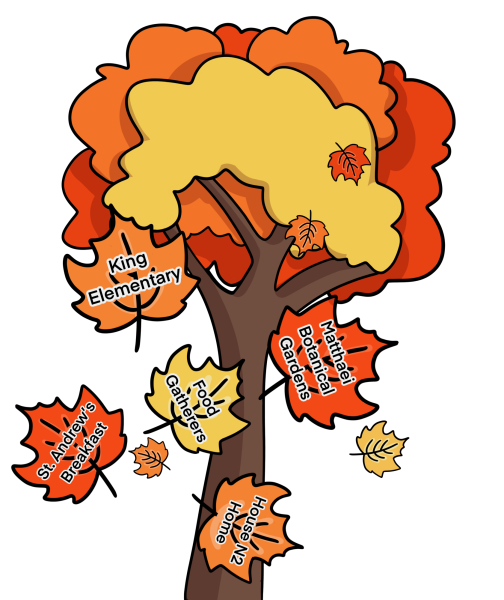Teachers Weigh Merits of Homework in Post-Pandemic Learning
CLOSE YOUR BOOKS Pranay Shah ’23 and Jay Vijan ’23 study for Advanced Biology during their free period. ” I think open note testing is good because it allows for students to have their basic concept of what they are learning in front of them, and that way the teachers can make the test where the students have to apply the concepts in a more difficult way instead of having students memorize basic equations or concepts,” said Shah.
February 9, 2022
Teachers’ opinions have always ranged on homework, and the pandemic has only helped to change them more. Returning to the in-person classroom after being online for so long is a change for both students and the teachers. The type of homework and the amount of work given to students is a constant discussion amongst educators.
While on the line of too little work and too much work, the pandemic just added more pressure. One teacher at Greenhills felt this pressure after the experience of remote learning.
“During the pandemic I decided to get my masters degree,” said 9th grade Global Perspectives teacher Harry Berkowitz ‘07. “In my program there were many conversations about how much work students should receive especially once the pandemic is over. These conversations definitely helped shift my thoughts. I am now more thoughtful and intentional about the amount of work I give my students each night. I’ve been trying to dial the amount back a bit while still maintaining high standards. ”
Many teachers like Berkowitz may have been influenced to change their view on homework by something that occurred during the pandemic. Others may have chosen to tweak their assignments based on the work they received during online learning.
“ I don’t know if I would say I changed the amount more than the quality,” said math and computer sciences teacher Lisa Flohr. “For example I used to send home lots of practice problems but now I find it more helpful to give four quality problems versus ten problems.”
Flohr has used the pandemic as an experience to step back and view what she needed to change in order to help their students transition back into in-person learning. Along with the amount of homework, the type of homework has also been affected by the pandemic. Each teacher has their own way of teaching: some use readings, writing assignments and worksheets, other teachers prefer virtual approaches. Spending a year inside the house and on computer screens affected teachers’ opinions about work over the computer.
“I don’t love Gryphon, I would prefer a better LMS (learning management system), this would also help me feel more comfortable moving more assignments online with the option of having assignments on paper,” said Berkowitz.
Now, teachers are leaning more towards writing assignments and building in time during class for students to finish what would have been homework. Their daily schedules are structured to fit in more time for this.
“I prefer to have students complete activities that would have been homework assignments in class, because they learn more like this due to the fact that they can ask questions immediately, and I can answer and help them right away.” Said Julia Norman, a chemistry teacher.
Teachers also have to deal with the possibility of making their classroom totally homework free. A homework free environment would mean that all assignments not finished in class would just be completed the next time the class collected again.
“I would love for my class to be homework free, however some students like to spend extra time completing their work so homework couldn’t be totally expelled,” said Norman.
The type of class could also determine the teachers choice on homework. Each classroom needs different things. The work changes if it’s a science, math, english, or a history class.
“Yes, I could see my class becoming homework free, but it would be dependent on the student’s choice. It would be up to them whether they think they need more practice or not,” said Flohr.
The risk of student choice on homework would be that they would have to keep track of their work and their understanding of the work. Students would have to invest more time and energy to retain the information they are learning in class.
“Having a totally homework-free classroom will make it harder to do long term activities entirely in the class time,” said Norman. “ Last year we did a lab report during class that took a couple weeks, previous years this lab report would have been homework and finished sooner.”
For classes that have bigger projects, homework will be more beneficial toward students in those courses. In science classes, students conduct labs and experiments –having homework outside of the classroom could help them stay on top of what they are learning. This element of spending time completing work outside of the class is then more time efficient. It also allows teachers to add more to their lesson plans because students are using a shorter amount of time to comprehend and finish their projects.

